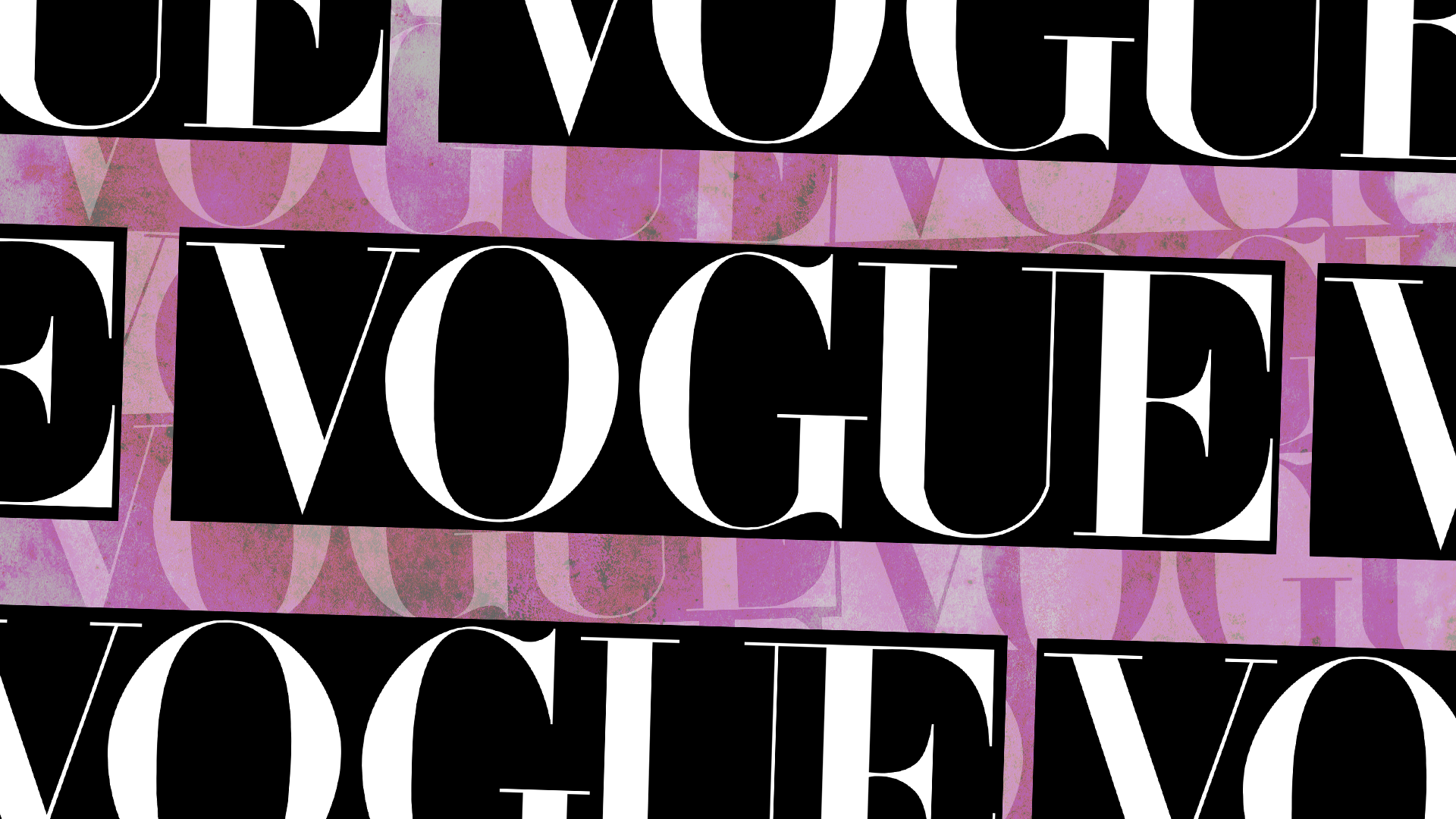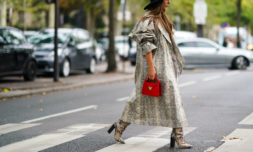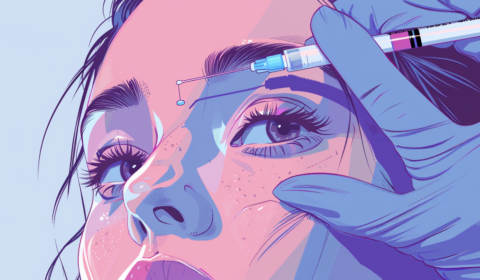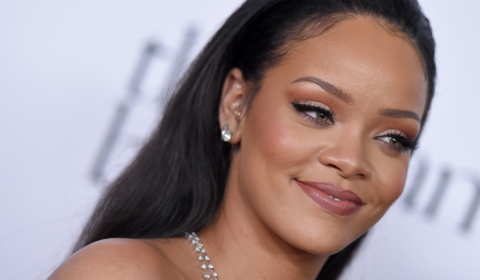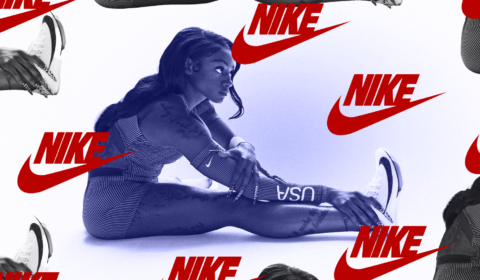The journalist has become the first Black woman to hold British Vogue’s prestigious editor-in-chief position.
Following in the footsteps of Edward Enninful, himself the first Black person to head up British Vogue, Chioma Nnadi has revealed her first issue of the magazine as editor-in-chief. She has already admitted Edward’s are big shoes to fill.
Enninful was head of British Vogue for just over six years, after his promotion was announced in April 2017. He went on to oversee some of the most iconic and groundbreaking Vogue issues, not least his final cover which featured 40 iconic women from the worlds of fashion and the arts (impressively, nobody was photoshopped in).
But when Enninful announced he would be leaving the magazine in June 2023, speculation mounted over who his successor could be.
Enninful broke countless glass ceilings during his time in the fashion industry – and there’s no doubt he’ll continue to do so as Vogue’s Global Creative and Cultural Advisor. Over his 40-year career, Enninful’s dedication to diversity and inclusion, along with his unwavering devotion to each of his projects, have made him one of the most recognisable names in fashion.
So, it was no surprise, then, that many hoped Enninful’s successor would continue his mission.
When Chioma Nnadi was announced as the new head of Vogue in September last year, it marked a new era for the magazine but also for the wider industry.
‘Obviously the work Edward did was incredible, I’m only taking the conversation further,’ Nnadi told the BBC this week, after her first Vogue cover was released to the public.
Featuring singer FKA Twigs in a yellow Loewe gown on the roof of a black cab, the issue is being hailed as a ‘love letter to London.’ It was in the English capital that Nnadi grew up and started her career in UK newspapers, before moving to New York to further her career in fashion at American Vogue.









